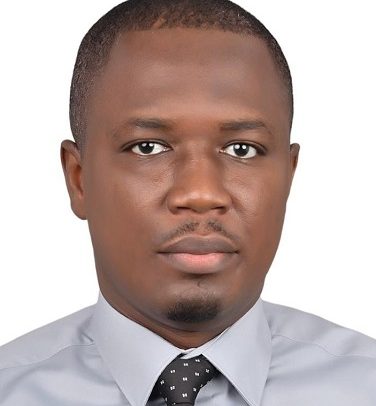Dr Frank Bannor
Policy Think Tank, Danquah Institute has urged Ghanaians not to be influenced by the opposition NDC’s antics of painting a gloomy picture of the Ghanaian economy in order to win political power.
Speaking at a press conference on Tuesday in Accra, Economist and Head of Research at the Institute, Dr. Frank Banor said the economy was doing far better than what the NDC portrays on the ground which is detrimental to the democratic credentials of the country.
“A lot of misrepresentations are often made about the Ghanaian economy but as an Institute with the welfare of the ordinary Ghanaian at heart, we have a duty to speak to the real facts about the performance of the economy”
According to him, having followed with keen interest discussions pertaining to Dr. Bawumia’s speech on his vision for Ghana if elected president, it was imperative for him to reiterates facts that are related to the vision statement emphasizing on GDP growth, inflation, exchange rate, debt-to-GDP, fiscal policy, credit rating and primary balance.
Dr. Banor stated that immediately after the commencement of the oil production in commercial quantity in 2011, the country recorded a historical GDP growth rate of 13.95%.
He mentioned that the growth rate continuously declined to 2.86% in 2014 reducing further to 2.12% in 2015 before rising marginally to 3.37% in 2016”.
He also confirmed that, Dr Bawumia rightly pointed to the fact that between 2013 and 2016, Ghana’s GDP growth averaged 3.9%”.
“Comparatively, as Dr. Bawumia emphasized, between 2017 and 2020, GDP growth surged to an average of 5.3%. The Ghanaian economy witnessed substantial growth. From 3.37% in 2016, the economy remarkably grew to 8.13% in 2017” he added.
He mentioned that the Institute through research will discuss in detail more of such issues through media encounter to deepen people’s understanding of Bawumia’s vision and the achievement of the NPP since assumption of office.
The development economist, who substantiated Ghana’s economic situation with verifiable data believes such engagement with the media will also provide more clarity on issues to fill a likely gap existing as a result of misinformation and false propaganda by the opposition NDC and their allies.
By Ebenezer K. Amponsah


